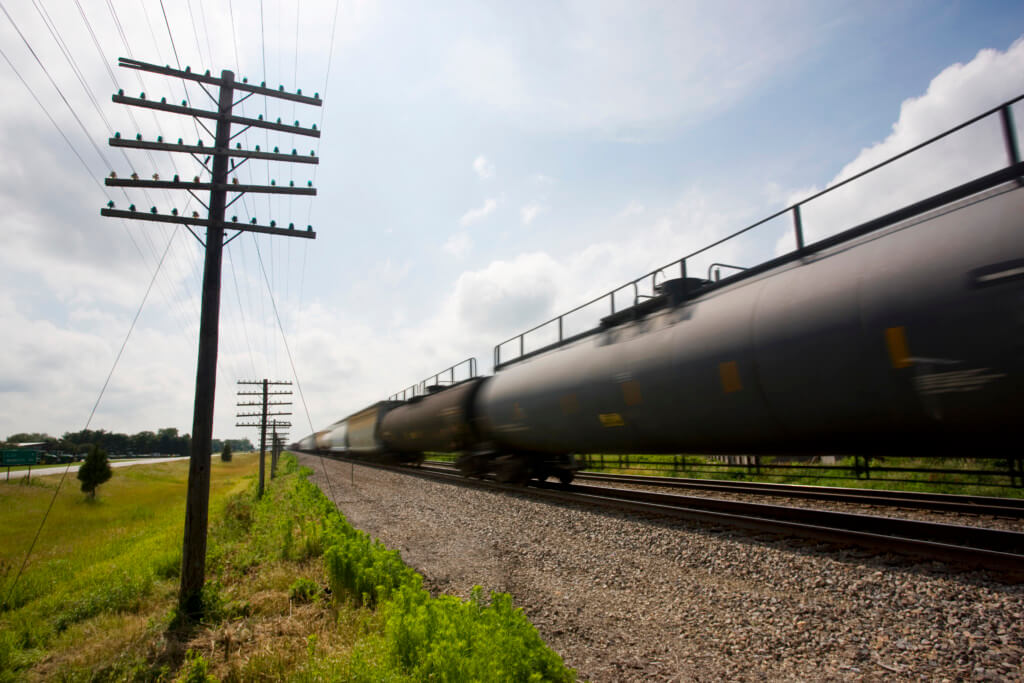
Rail scales are implemented in numerous industries. Thanks to technological advancements, these weighing tools bring several benefits to the table. These can be used for light work or heavy-duty industrial use.
Three Crucial Rail Scale Maintenance Tips
Rail scales are used to make sure that cargo travels safely to its destination and that the weight of the cargo is precise. Therefore, maintaining your rail scales regularly is recommended to help the scale’s longevity and accuracy.
- Proper Installation and Maintenance
Without proper installation, the rail scales won’t give reliable readings. In order to install a rail scale, you need a reliable scale provider. Be sure the scale provider removes the tie spikes and clears the ballast. They will measure the location where the scale will be placed and remove the rail at the marked points. Following this step, the technicians will be able to install the scale where the rail was removed.
It’s also important that the scale is clear of debris. Dirt will accumulate over the rails and plates of the scales. If any part of the equipment is worn out, commonly due to constant use, it’s a good idea to repair or replace them as the wear and tear is noted. Rust or water damage to the scale is also something to look for. Some damage is preventable with regular maintenance, so it is recommended.
- Annual Certification Testing
It is recommended that yearly testing is done so as to ensure that your scale is calibrated and working properly. Testing and calibration is possible by using the self-propelled rail scale test cart. You can also calibrate by using pre-measured loads that are placed on the scale.
Hiring a trusted scale calibration company is advised as they offer on-site documentation and certification. The rail scale can be put back to use as soon as you have the necessary documentation in place.
- Use Scales Correctly
When using the scale, accurately measuring cargo can help with ensuring the safety of the staff, rail scale and cargo by preventing injuries, and the scale or cargo getting damaged.
Four Benefits of Rail Scale
There are many benefits of a rail scale. One being the knowledge of how much of a load is being transported. You can be assured that the shipper does not overcharge you. It helps in avoiding overload penalties, as well as monitoring the delivering and shipping of products.
- Accuracy
Older rail scales typically had an accuracy of approximately 0.4%, while the newer rail scales display an accuracy of plus or minus 0.25%. Moreover, you can choose from scales that weigh as little as 20,000 pounds to as much as 1 million pounds, without affecting the accuracy.
- Versatility
Another benefit is the versatility of these scales. For example, they can be used in coal mines, chemical plants, cement plants, transfer yards, recycling facilities, grain elevators, refineries and facilities dealing in hazardous waste.
- Installation Costs
The cost of installing rail scales will depend on your existing rail and location and the type of rail scale purchased. In most instances, you don’t have to excavate and pour concrete. The installation time is relatively low which will get your rail scale into operation quickly and reduce the downtime of your weighing operation.
- Reliability
Rail scales provide reliable measurements and are built to last.
If you want your rail scale serviced, Quality Scales Unlimited can help you with your rail scale needs. Not only can you enjoy the a fore-mentioned benefits, you can also expect scales at a competitive price and exceptional service from our team.




